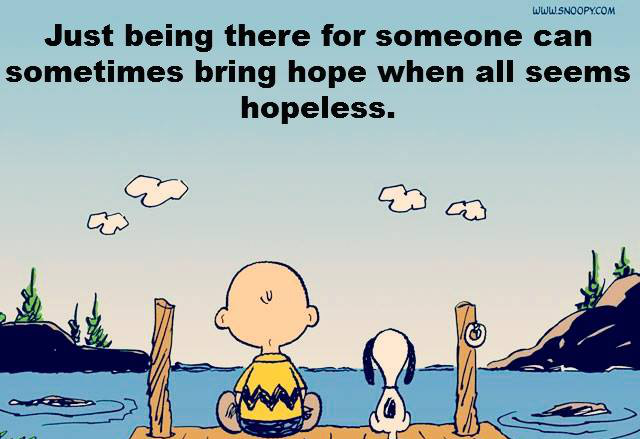Primary Care is about developing a culture of caring for each other. It’s not about being an expert but being able to listen and express some empathy when someone is dealing with a difficult life issue. By de‑medicalising the effect that “situational distress” can have on our mental health, it gives permission and empowers ordinary people to act and value the care they can give alongside specialised mental health services and support options.
Research shows that around 90% of suffering through traumatic experiences in our lives can be resolved by having a cuppa, a hug and a talk to a caring friend or other ordinary human being, who knows how to listen. It is worth remembering “a problem shared is a problem halved.” Is this something all of us can do?
The rural climate always provides ongoing and varying challenges for farmers, agribusiness and agri-link industries, which in turn can create pressure in other areas of our personal, professional and community life.
We think the most effective care always starts from the “bottom up”. Around regional WA there are numerous community champions from individuals to shires, CRCs and community groups that arrange breakfasts, sundowners and BBQ’s that provide a “safe place” for people to meet, catch up and talk over life on the land.
There are many other grass-roots events that we attend which are a great basis for primary care. These gatherings can occur when people are at a crossroad in their life. People in the bush have always faced tough times, and now is no different.
The benefits of an event at the grass-roots level are many, some of which are:
- a sense of mateship and to remind you that you are not out there on your own;
- maintains important social contact to keep the body, mind and spirit in good health;
- it’s blokes talking about bloke’s stuff.
I would like to quote a snippet from Albert Facey’s book “A Fortunate Life”
“He wrote about his life as if it were a journey. Along his route, crossroads offered crucial choices – in some cases his survival was at stake – and the tracks he followed led to learning, pain and enrichment.”
What a story, I thoroughly recommend it, it is a fantastic read for all.
The important message is this, start to talk about some of the pain in your life, don’t suffer alone. Remember ...before it all gets too much… Talk to a Mate!! or Talk it Over 1300 789 978 Mensline Australia.
We always acknowledge the important role women play in Primary Care; they are often the conduit for men seeking help. But also remember to look after yourself first, as well as your family.
Owen and the Team
The Regional Men’s Health Initiative
delivered by Wheatbelt Men’s Health (Inc.)
PO Box 768, Northam WA 6401
Phone: 08 9690 2277




Comments are closed.